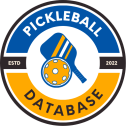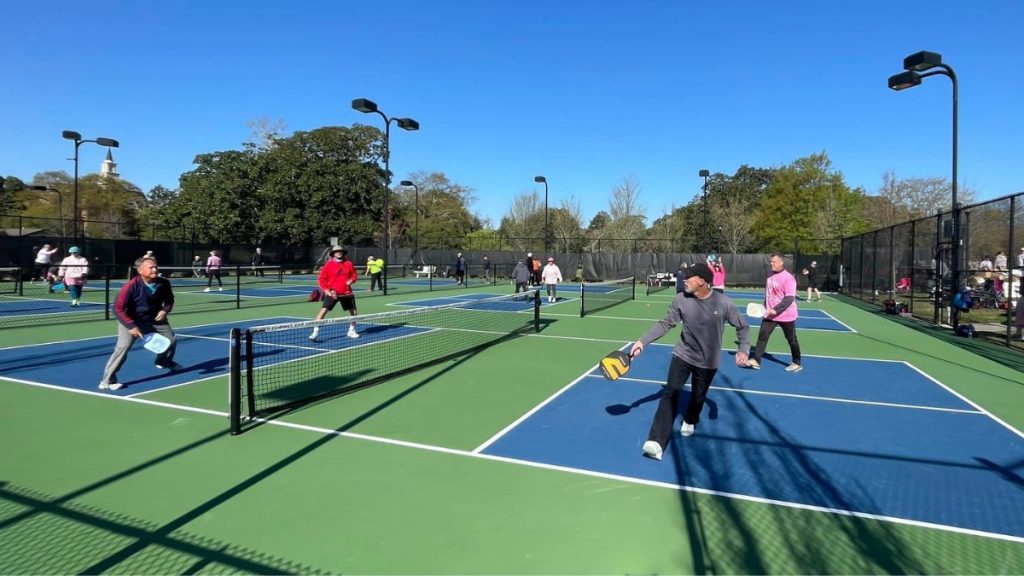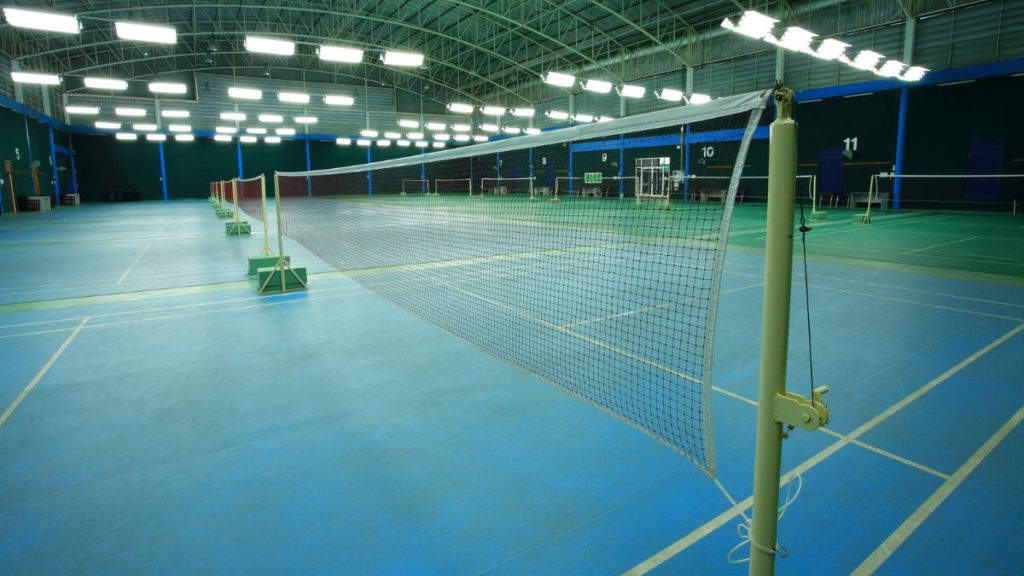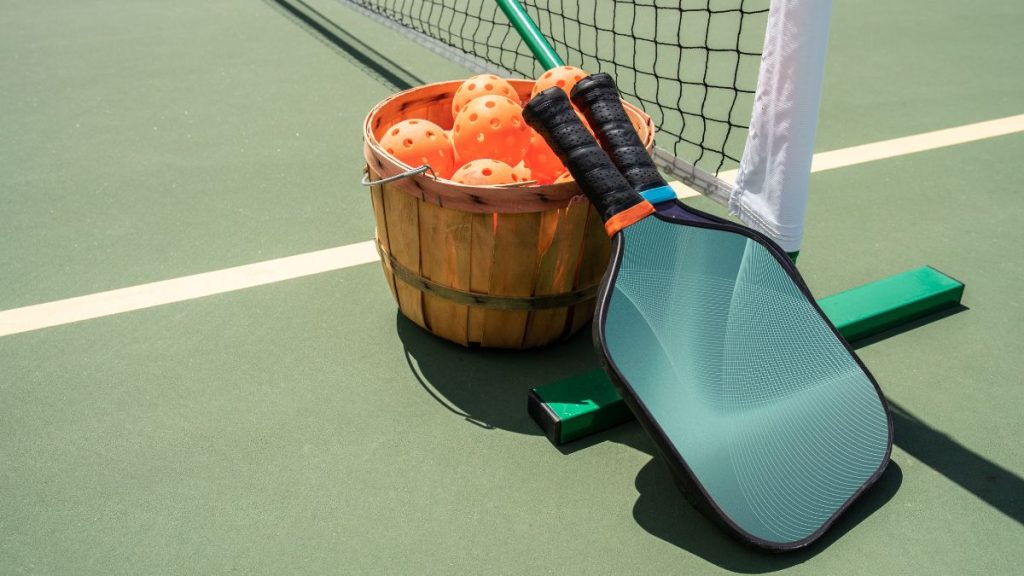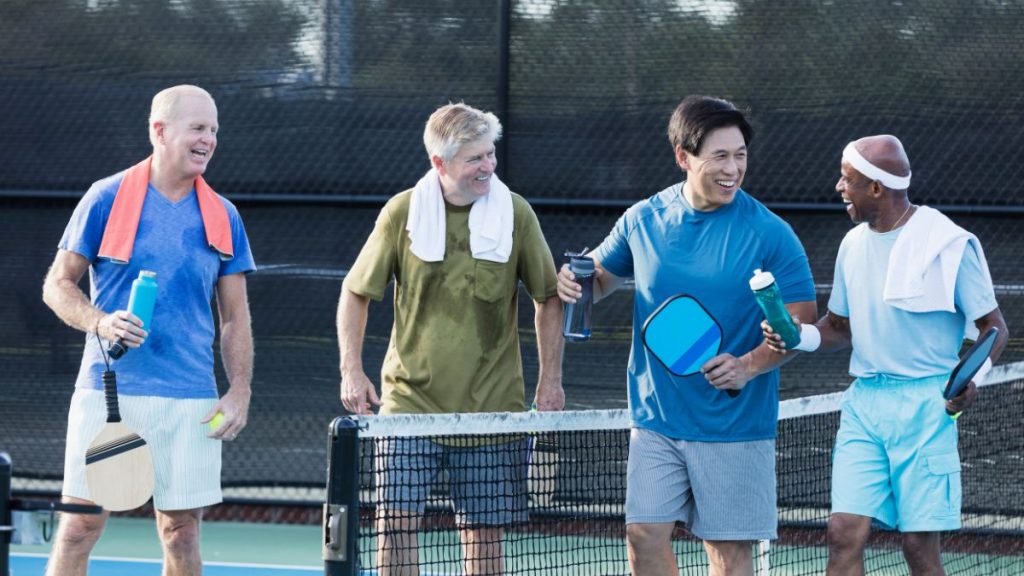Pickleball is not a new invention. It’s been around since the 1960s, just over a decade after tennis was invented. Despite its long history, the sport has only gained traction recently, given how it was considered the fastest-growing sport in America by Forbes. Of course, this is not without reason.
Pickleball became popular because it’s easier than tennis and is less exhausting. However, as with any other trend, some people found pickleball a pain in the neck, as there have been numerous complaints against pickleball players.
A huge part of this is due to the relatively loud noise that the pickleball game causes. But then again, how loud is a pickleball game that people would go as far as to complain about it when sports like tennis didn’t have the same issue? How far does pickleball noise travel?
How Many Decibels is a Pickleball Game?
To determine how loud a pickleball game usually is, it’s best to use decibels—a unit of measurement corresponding to the noise level of a particular sound.
The higher the decibel, the louder the sound is, and a pickleball game has a noise level of 80 decibels when you’re in extremely close proximity to the ball and paddle’s point of impact, or in short, you’re the player hitting the ball.
Meanwhile, if you’re about a hundred feet away from the court, you’ll only hear 70 decibels. Once you’re 200 feet away from the game, it reduces to 64 decibels.
If you’re unaware, the average sound level of neighborhood noise is 45 decibels. Moreover, a conversation with a person right in front of you (less than 10 feet) is 60 decibels as soon as it reaches your ear. Needless to say, a pickleball game is definitely a relatively loud sport, but is it louder than, say, tennis?
Is Pickleball Louder than Tennis?
Since pickleball carries many similarities with tennis, it’s only fitting that you compare the noise levels of the two. You already know the noise level of pickleball, so the only variable missing is the noise level of tennis.
To start with, tennis has a lot of sounds. However, the loudest sound comes from hitting the ball with a racquet. A powerful shot usually generates a sound level of 58 decibels, and a soft shot can generate up to 52 decibels of sound.
Since pickleball can generate a sound of 80 decibels at most, a pickleball game is significantly louder than tennis, with a difference of 22 to 28 decibels.
The reason it’s considerably louder is mainly because of the difference between the rigidity of the equipment for the two sports. The noise level of the sound made when two objects hit each other is proportional to their rigidity. The more rigid the objects are, the louder the sound they’ll produce upon impact.
For example, if you hit a door with a bat, it’ll most definitely generate a relatively loud noise. But the noise will be much quieter if you do the same to a pillow.
In the same way, in tennis, hitting a ball usually doesn’t produce as much noise since a string is flexible and isn’t rigid. Meanwhile, in pickleball, when you hit a ball, you hit it with a solid object, a.k.a. the paddle, resulting in a louder noise. But with that logic, would using a less rigid paddle or ball reduce the noise a pickleball makes? you may ask. Actually, yes, and that takes us to the next question.
How Do You Make a Pickleball Quieter?
There are generally four ways to make a pickleball game quieter, five if you were to count “keeping the audience’s and players’ mouths shut” as a solution.
Let’s take a look at the first method.
Tip #1: Get a Quiet Pickleball
If you’ve been playing pickleball for a while now, you should know that there are different types of pickleball. Naturally, you would want the quiet type.
Do pickleballs differ in noise?
Yes, different pickleballs may vary in the noise levels they can generate when used in a game. To be precise, a pickleball may vary in rigidity. As stated earlier, you’d want a less rigid ball if you want to ensure a relatively quiet game.
Which pickleballs are the quietest?
There are generally two types of pickleball, (1) the indoor type and (2) the outdoor type. They’re basically the same, except indoor balls have 26 large holes, while outdoor balls have 40 small holes. Surprisingly, that one distinction makes a huge difference. Since an indoor ball has fewer but larger holes, it has a lower density, so it’s lighter and less rigid, making it quieter.
Meanwhile, an outdoor ball has smaller holes, so it’s much denser, moves quickly, and is more rigid, meaning it’s much louder than its indoor counterpart.
Can you make a pickleball quieter?
Unfortunately, if you already bought an outdoor pickleball, you cannot do anything to make it quieter. The worst part is that an outdoor ball is usually hard to control. Hence, even if you want to take it easy by softening your hits, it’ll only backfire since you’re essentially giving your opponent an advantage.
Tip #2: Buy a Quiet Paddle
If there’s a quiet pickleball, there should also be a quiet paddle. We found that the paddle has the most impact on a game’s noise levels out of all the elements in the game, aside from the chattering noise.
Do pickleball paddles differ in noise?
Yes, like pickleballs, there are different types of paddles, and each one may generate different noise levels. Naturally, some are quieter than others.
Which pickleball paddles are the quietest?
Unlike pickleballs, there are more variables to paddles than just holes. Here’s a look at how each of these variables contributes to the quietness of a pickleball:
- Core material: A pickleball paddle’s core is made of one of three materials, namely (1) honeycomb, (2) polymer, and (3) aluminum. Among these three, honeycomb often creates the loudest paddles, while those made of polymer and aluminum are relatively quiet, so go for those two materials.
- Face material: A pickleball paddle’s face is made of one of four materials, namely (1) composite fiberglass, (2) carbon fiber, (3) graphite, and (4) wood. There are also hybrids with a face or frames made of multiple materials. Among these four, wood is the loudest material, fiberglass is mid, and carbon fiber and graphite are the quietest.
- Thickness: It has long been established that a thicker material can absorb more energy than a thin material. That’s why a thin paddle offers more power than a thick one, since it doesn’t absorb the energy but returns it. The same applies to the sound. A thin paddle cannot absorb as much sound, so there’s a lot of leftover noise. Hence, a thin paddle usually generates more noise compared to when you use a thick paddle.
What if I don’t know how to pick a paddle?
If you haven’t been playing pickleball for very long, chances are you still struggle to pick a good paddle. If that’s the case, we suggest looking into the Green Zone.
If you don’t know the Green Zone, it’s basically a list of paddles that generate sounds that shouldn’t bother your neighbors too much. It’s a list compiled by the Sun City Grand Board of Directors to determine which paddles are acceptable regarding noise levels. Simply search up Green Zone Pickleball Paddle List, and you should find suitable paddles for your purposes.
Tip #3: Play Indoors
If you don’t want to bother your neighbors with the pickleball noise, then the best solution would be to simply play indoors. That should minimize, or in the best-case scenario, completely eliminate the noise they’ll hear.
Of course, the problem is whether you have enough space to play pickleball indoors. For your reference, a pickleball court is 44 feet long and 20 feet wide.
You may have to step foot outside the court every now and then, so you need at least 5-7 feet extra on all sides, meaning you need 50 feet by 25 feet space.
Tip #4: Install Soundproofing Materials
You may notice that many pickleball courts on the internet have a black fence all around. That fence is called the Acoustifence, and it’s basically a type of fence designed to soundproof an area. It works quite well with loud racquet sports, including badminton, tennis, and pickleball. It may cost a hefty sum, but it’s most certainly worth it if you don’t want to bother your neighbors.
With these tips, you should be able to minimize the noise level of your pickleball games. That way, you don’t have to worry too much about pickleball noise travel.
FAQs on Pickleball Noise
Is Pickleball Noise Harmful?
The Occupational Safety and Health Administration (OSHA) states that noise exposure would only be dangerous if exposed to 90 decibels for as long as eight hours. Otherwise, the noise should be harmless. Since pickleball noise peaks at 80 decibels, it shouldn’t be a problem, health-wise.
Can You Get in Trouble with Pickleball Noise?
Yes, there have been lawsuits over pickleball noise over the past few years, so if you keep playing pickleball noisily, someone may file a lawsuit against you.
However, it shouldn’t be valid unless you’re violating the local noise regulations, which is that you mustn’t make noise that exceeds a certain decibel. Moreover, you must only play pickleball during the daytime and not at night.
Closing Thoughts
Some people don’t care if they bother their neighbors with their pickleball games, but considering how you’re reading this, you’re most likely not one of them. Though it’s not illegal to play pickleball loudly, that doesn’t mean you should do it. You must take steps to at least make it easy for your neighbors. Otherwise, they’d pray for rain to save themselves from the pickleball noise.
